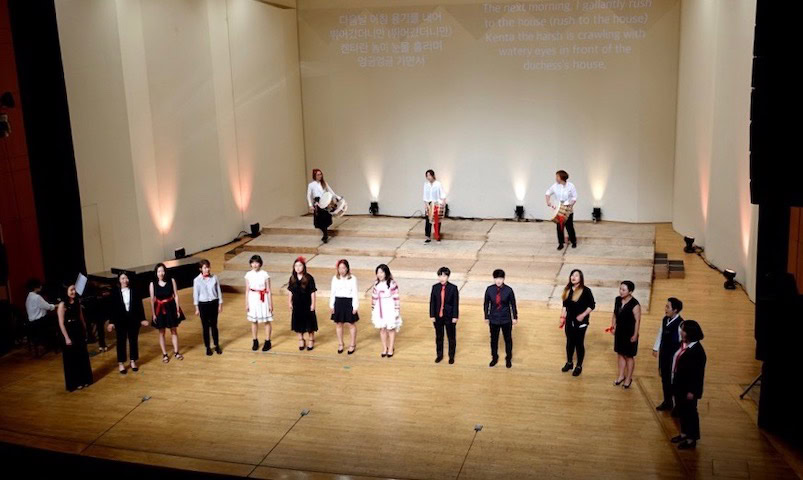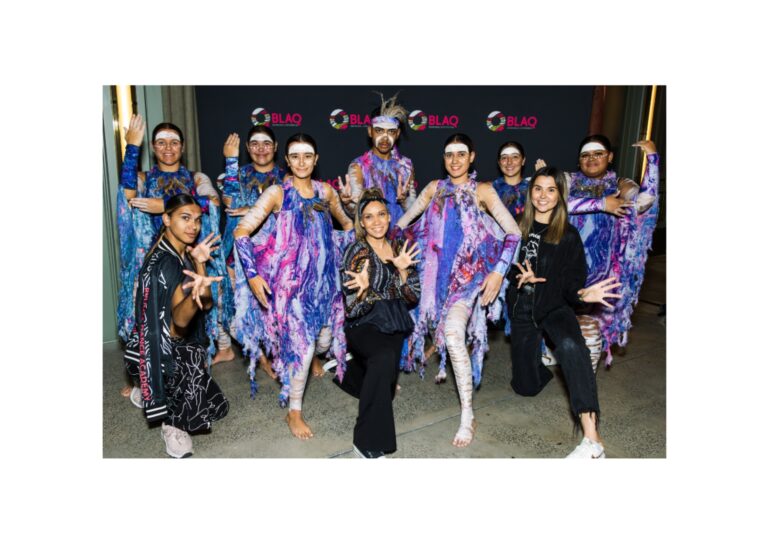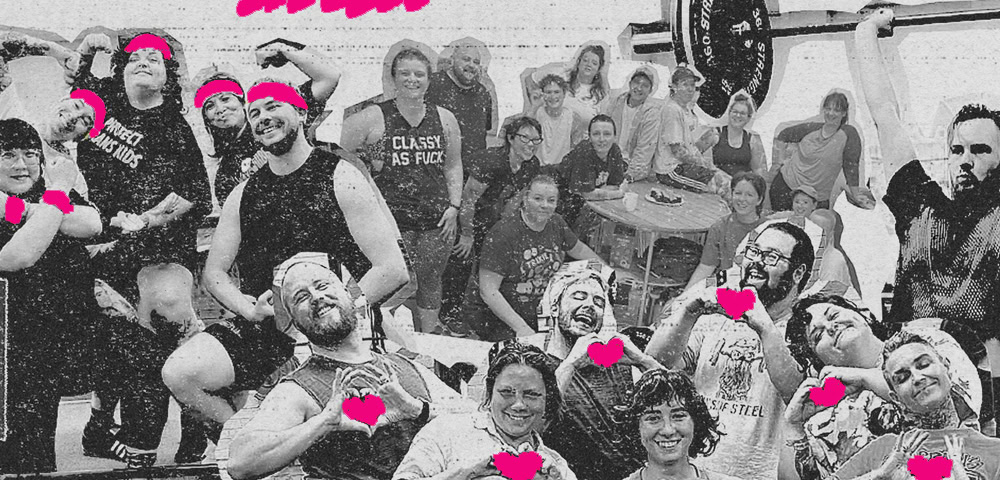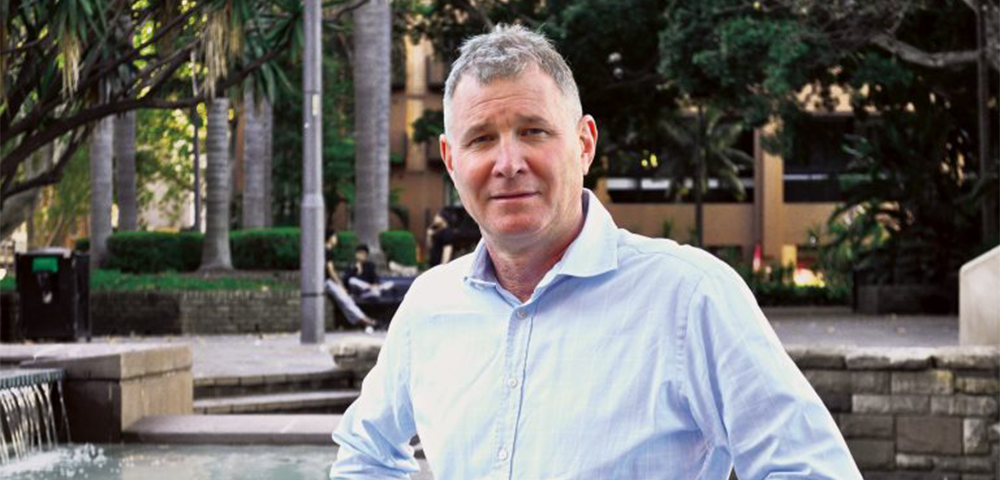
K-Pop for Queers – Asian choirs singing for change

By Mike Hitch
Singing group, Unnie Choir, a troupe of South Korean women who perform songs about the joys and prejudices of being queer, are part of a growing network of LGBTQI+ choirs across Asia.
Homosexuality is not illegal in South Korea but it remains socially taboo. However, despite the conservative climate, Unnie Choir has sold-out concerts across the country.
The music director and conductor of the 15-woman choir, Chung Ui-jung spoke to Reuters backstage last week after a Unnie Choir concert in Seoul attended by around 70 people.
Ui-jung emphasised that the power of music comes from its ability to provide representation.
“Singing has the power to change,” she said.
“Through singing, we’re saying homosexuality exists. We just want to be ourselves.”
The government ended the legal classification of homosexuality as “harmful and obscene” in 2003, however discrimination is prevalent, with LGBTQI+ people suffering rampant prejudice and hate crimes.
South Korean law-makers are pushing to get rid of protections for sexual minority groups. Catholic South Korean President, Moon Jae-in, refuses to legalise same-sex marriage despite declaring that discrimination against LGBTQI+ people is unacceptable.
Formed in 2012, Unnie Choir is among more than 30 other Asia queer choirs whose gentler approach to activism has come to be labelled “K-pop for queer”. They hold annual concerts and perform at human rights events, tackling issues such as cyberbullying and feminism as well as LGBTQI themes.
Proud Voices Asia acts as an umbrella group for LGBTQI+ choirs which span across China, India, and Japan.
“It’s my first time to see their performance, but they are fun and engaging,” said Seo Hee-jeong, a 31-year-old straight woman who said that she was drawn to the queer choir’s social-justice messages – messages of freedom and expression that appear to be taking root all across Asia.
The recent raids of LGBTQI people’s homes in Indonesia as well as other prejudiced incidents in Malaysia and other countries in the region indicate that more voices need to join the cry against discrimination and abuse.









